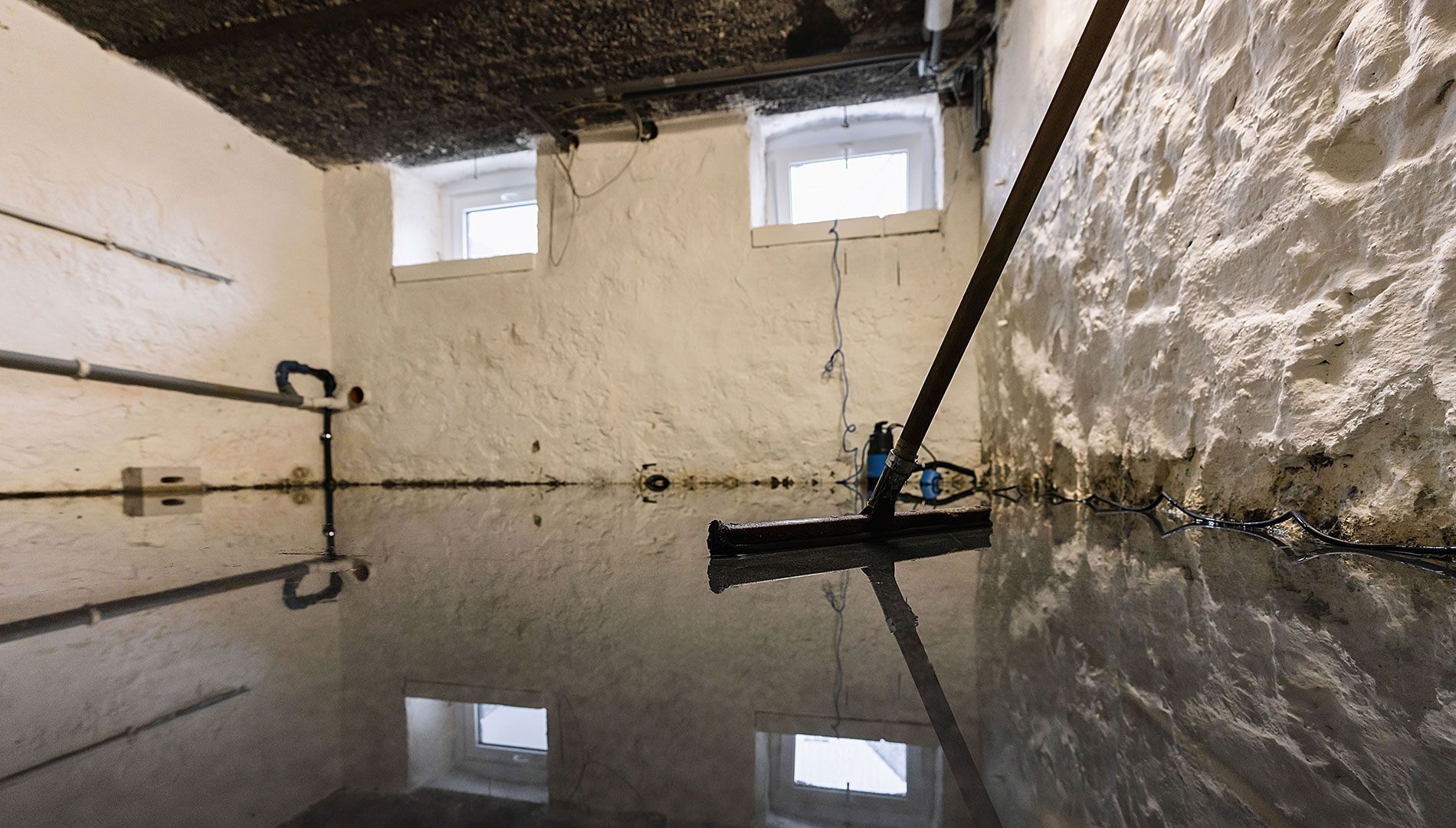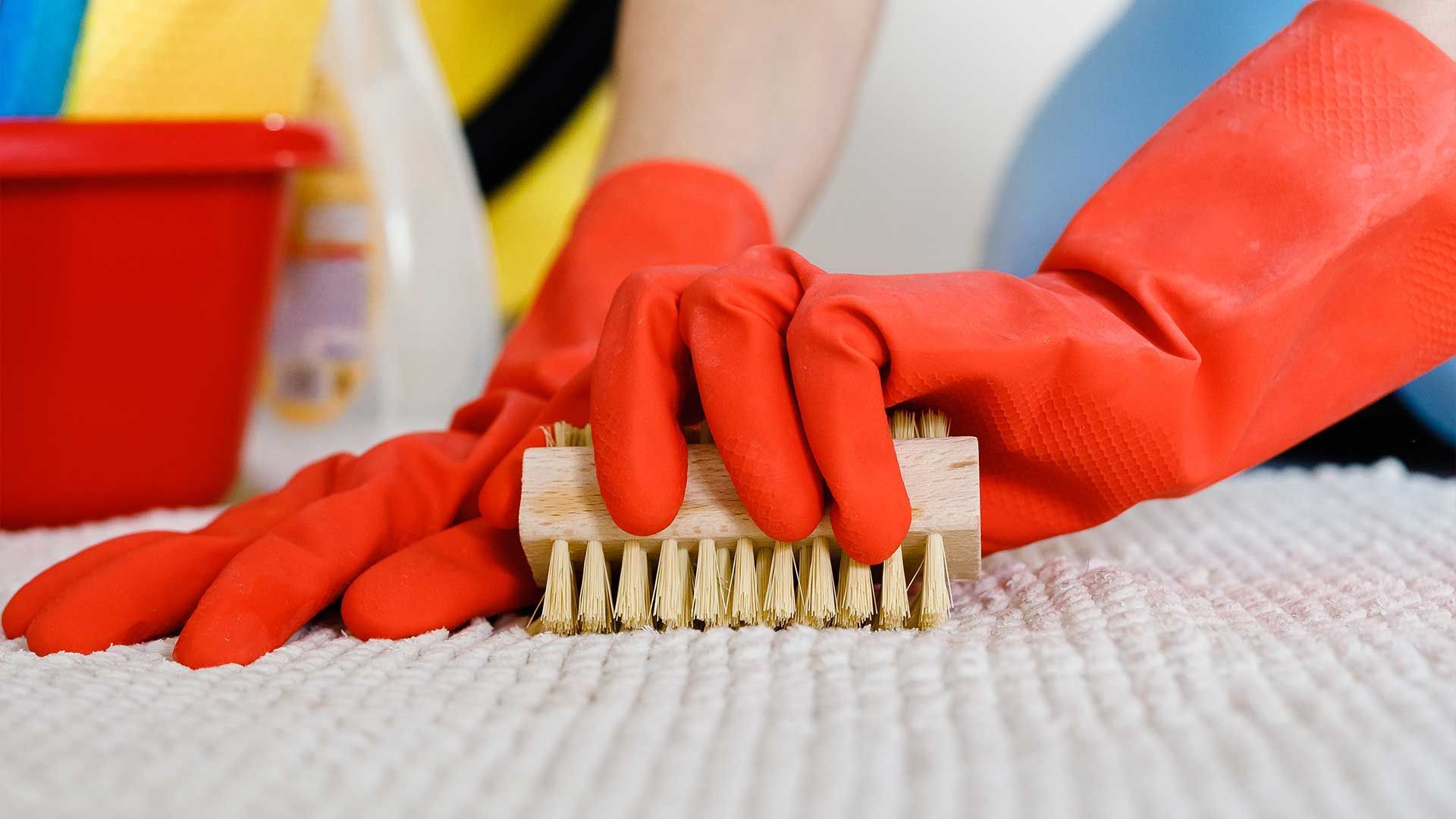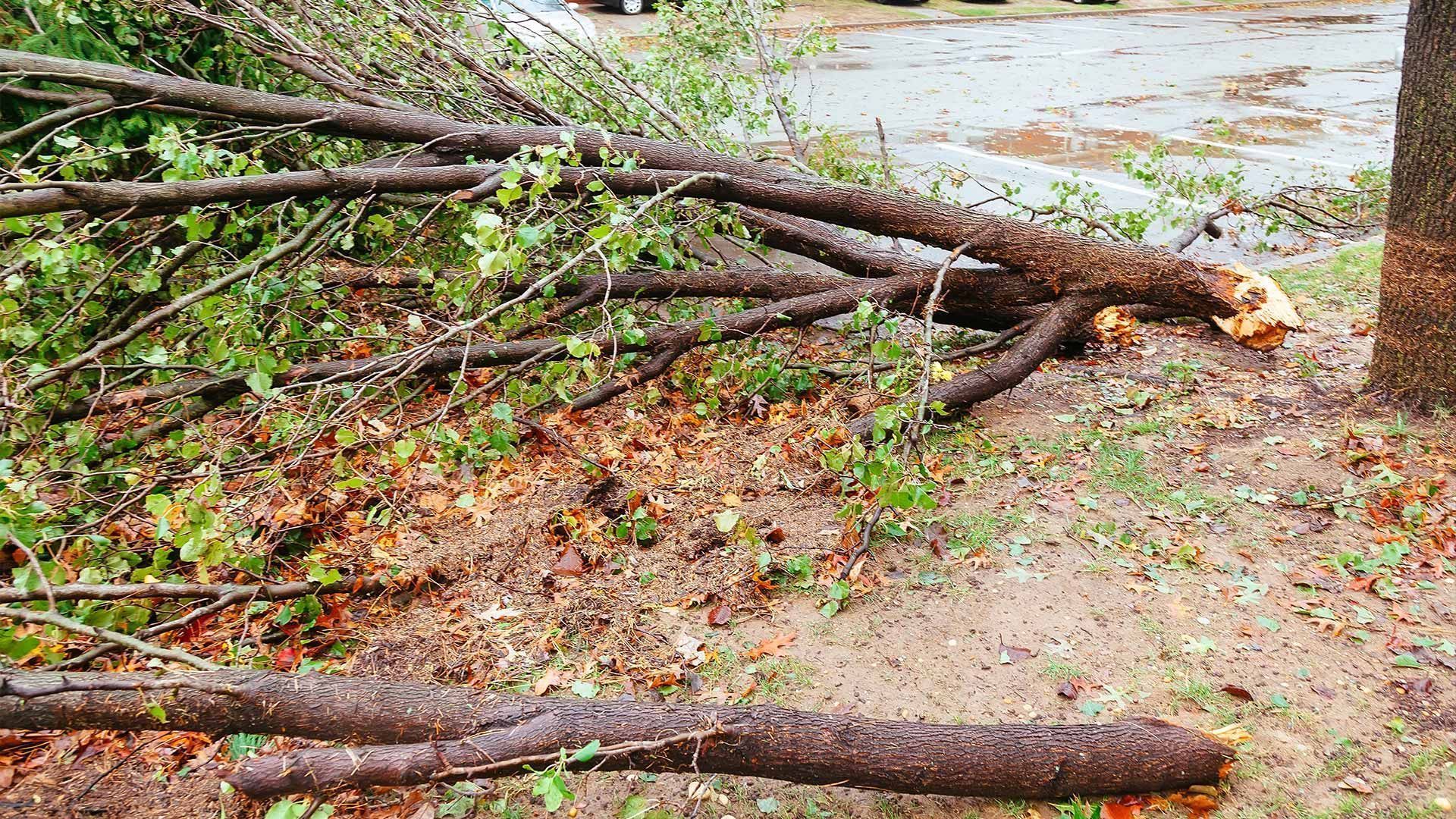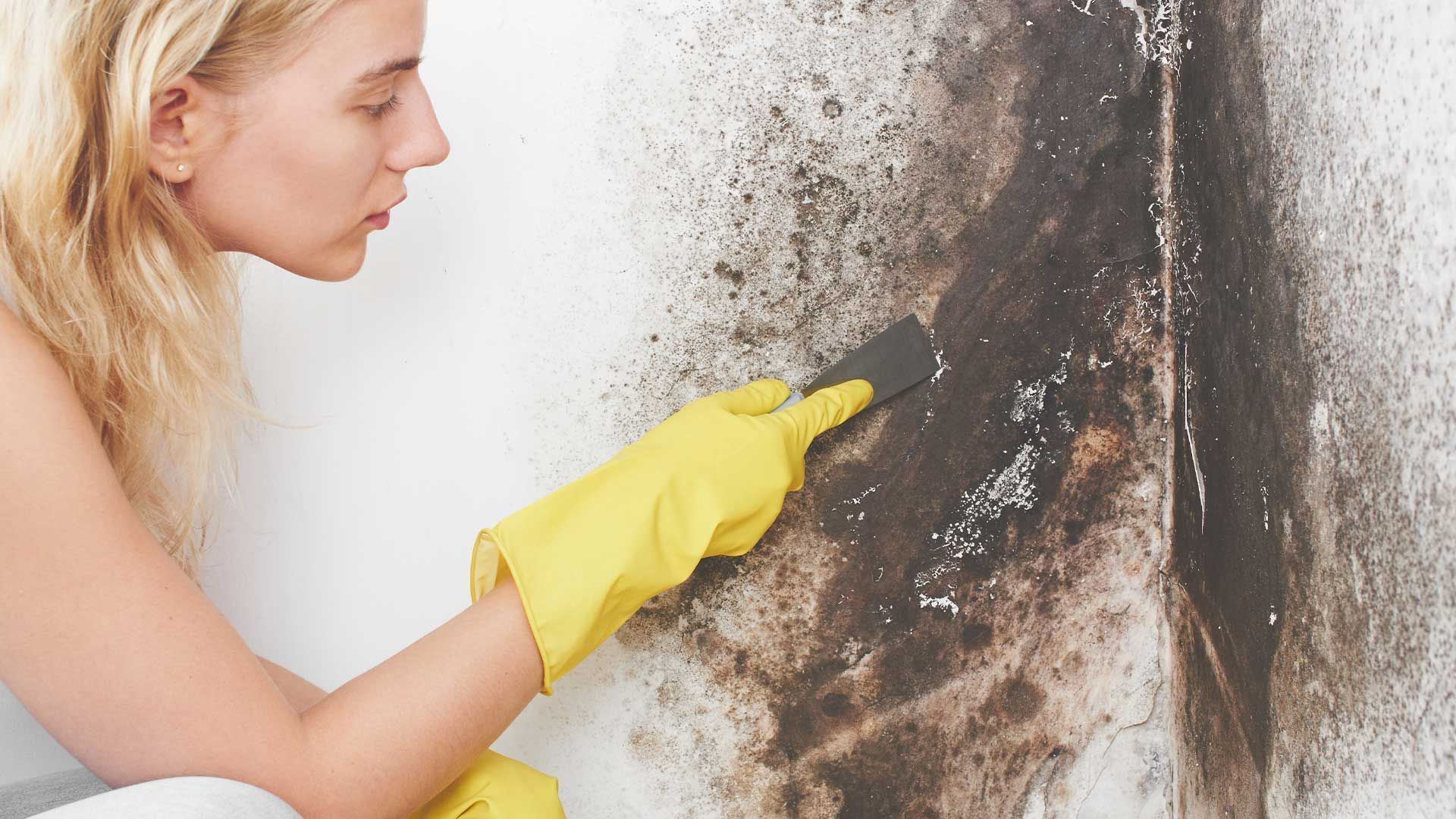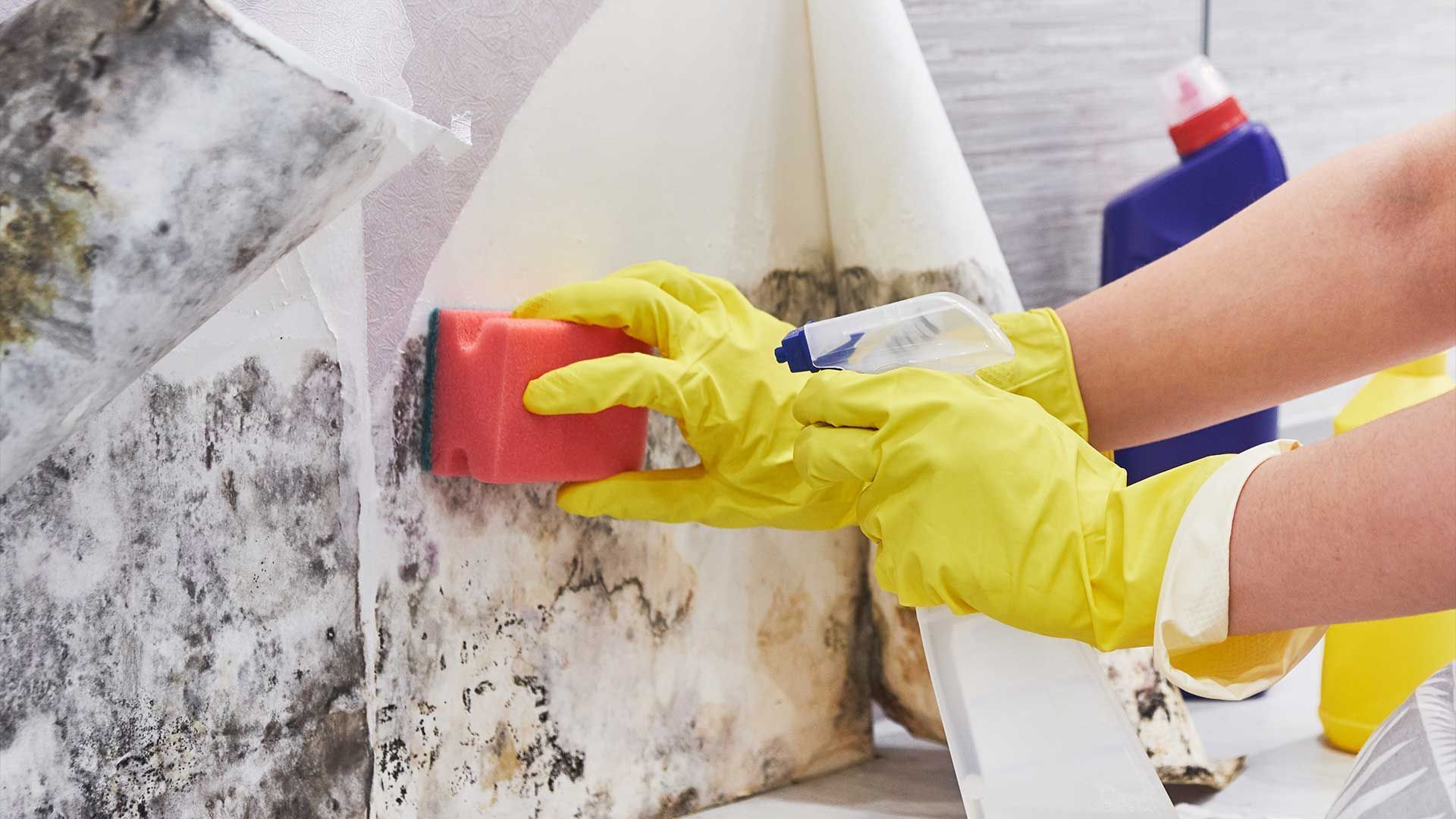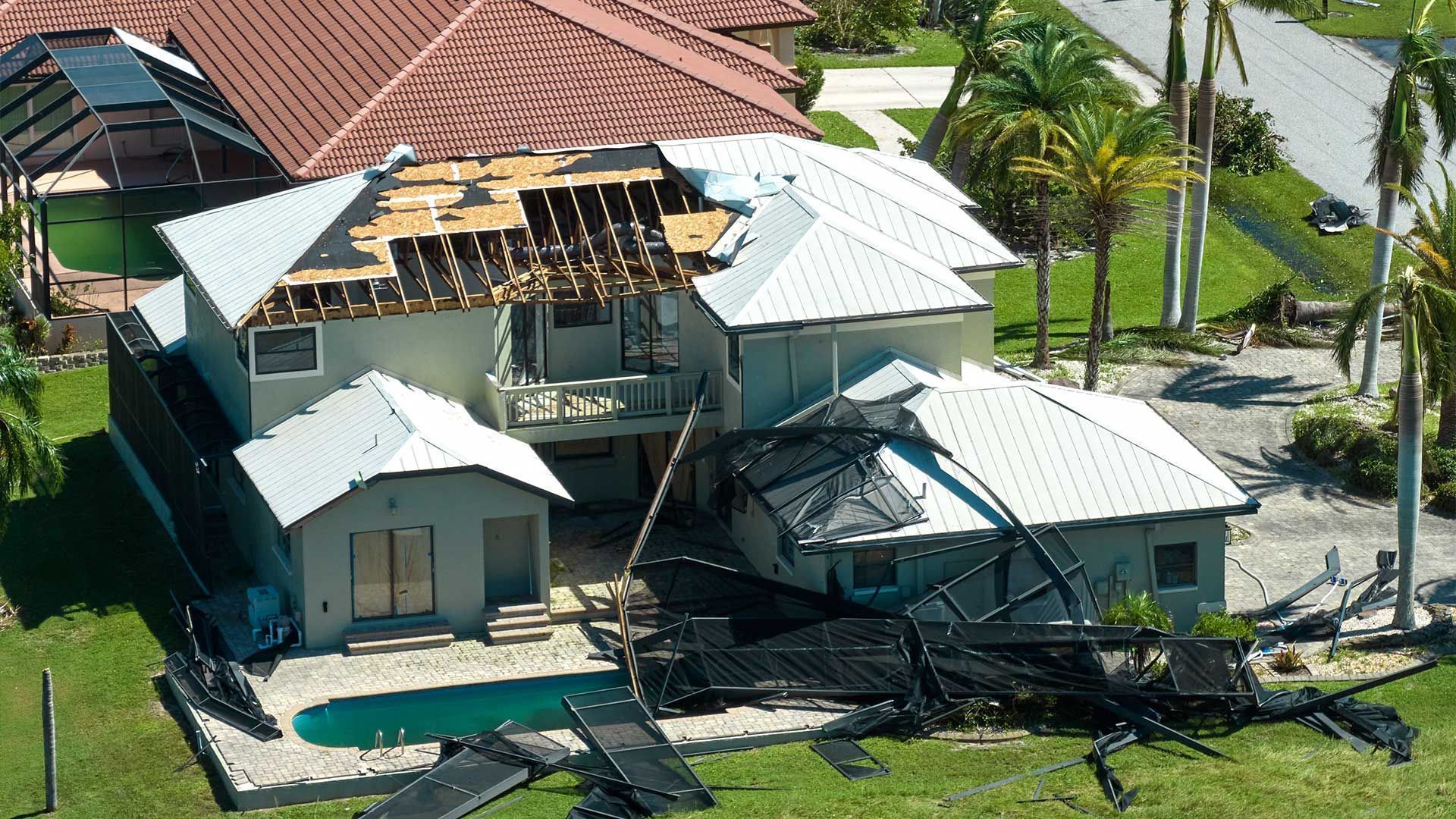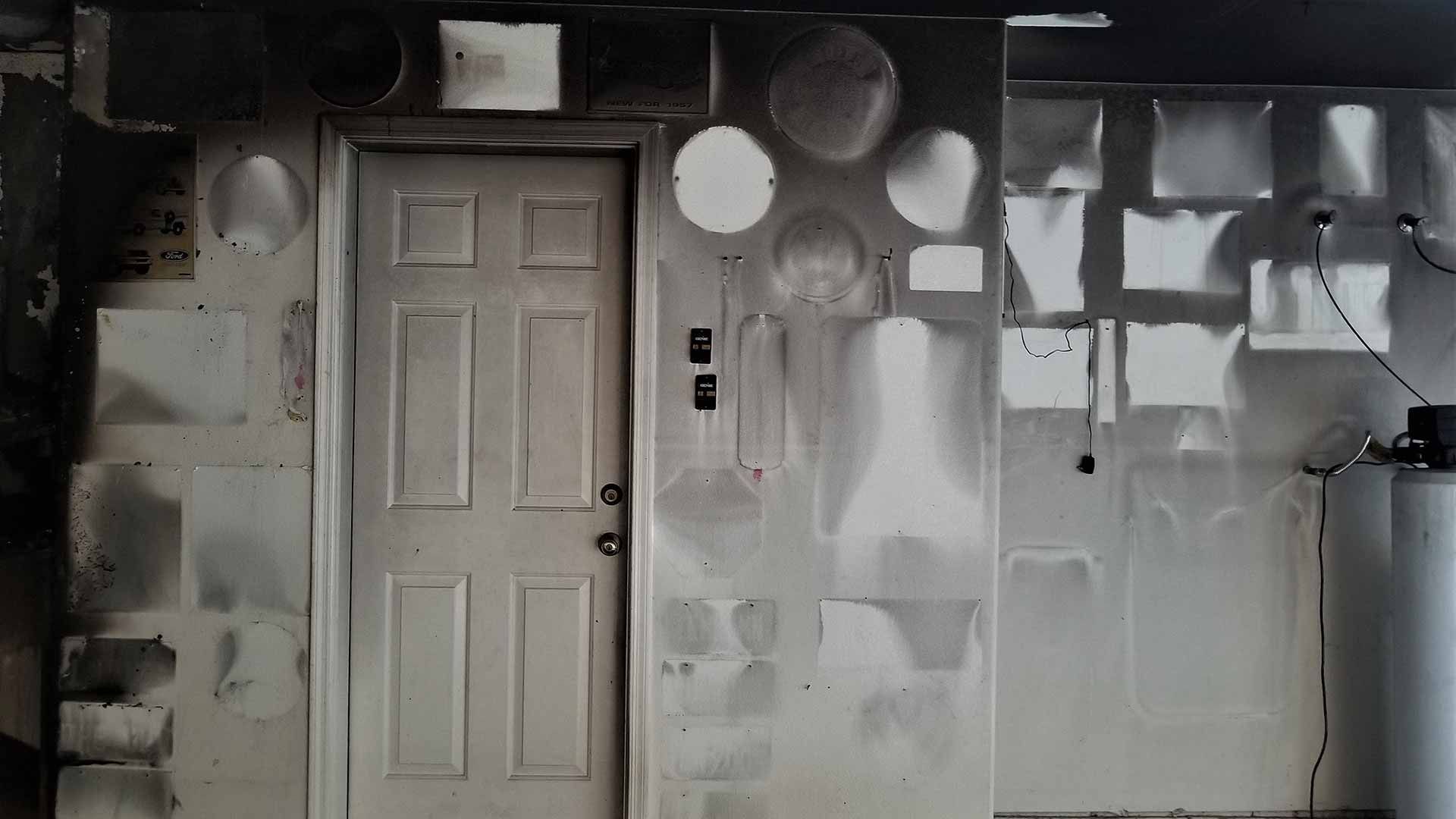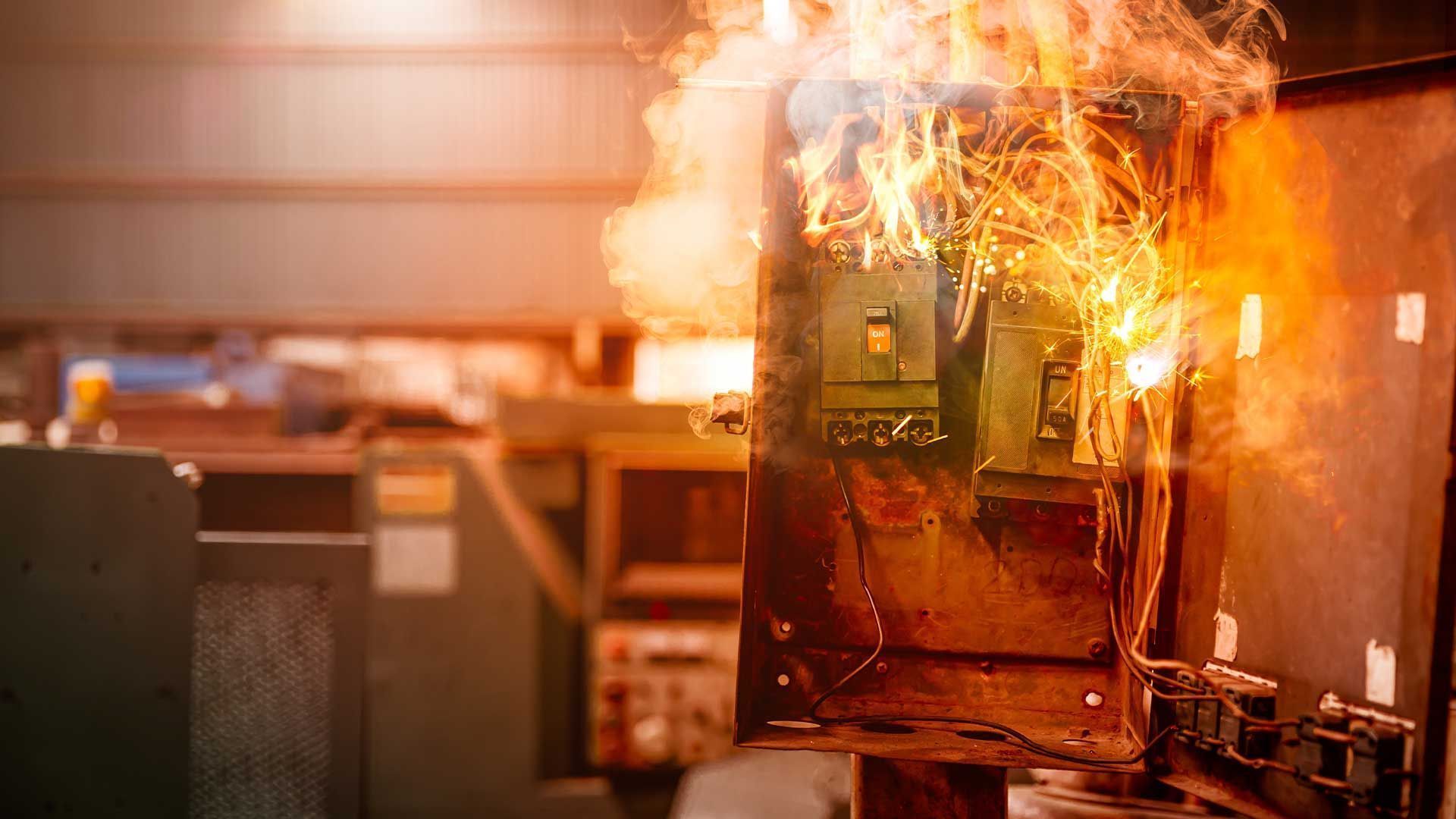The Role of Preventive Maintenance in Warehouse Water Remediation
Understanding Water Damage in Warehouses
Water damage in warehouses can come from many places. Sometimes, it’s from leaky roofs or pipes. Other times, it might be because of big storms or floods. Even small leaks can become big problems if they’re not fixed right away. When water gets into a warehouse, it can ruin the things stored there. Boxes might get soggy, and machines can stop working. The building itself can also get damaged. Walls and floors might start to rot, and that can be very dangerous.
It's not just about things getting wet. When a warehouse has
water damage,
it can also lead to other problems like mold. Mold can make people sick and damage things even more. That's why it's so important to keep water out of warehouses. Understanding where water can come from and what it can do helps us know how to stop it. That’s where preventive maintenance comes in – it’s all about keeping water out and your warehouse safe.
Fundamentals of Preventive Maintenance for Water Remediation
Preventive maintenance is like a check-up for your warehouse to stop water damage before it happens. It's about looking at all the parts of your warehouse regularly to make sure everything is in good shape. This means checking the roof, walls, floors, and pipes to find any small problems like cracks or leaks.
One big part of preventive maintenance is making a schedule. You might decide to check different parts of your warehouse at different times of the year. For example, you might look at the roof before the rainy season starts. That way, you can fix any problems before the big storms come.
It's also important to keep records of what you check and when. This helps you remember when to do each check and what you found last time. Keeping good records makes sure you don't miss anything and helps you see if the same problems keep happening.
Doing these regular checks can help stop water damage. It's like being a detective, looking for small clues that could turn into big problems. By finding these clues early, you can fix them and keep your warehouse safe and dry.
Key Preventive Strategies
There are several important steps you can take to prevent water damage in your warehouse. One of the most crucial is keeping your gutters and downspouts clean. When these are clogged, water can overflow and leak into your warehouse. Regularly cleaning them out, especially before heavy rains, can prevent this.
Next, inspect your roof often. Look for any signs of damage, like cracks or missing pieces, and get them fixed quickly. A good roof keeps the rain outside where it belongs.
Another important area is your plumbing. Leaky pipes can cause a lot of damage over time. Regular checks can help catch leaks early, before they become a big problem.
Don’t forget about the outside of your warehouse. Make sure the ground around your building slopes away from the foundation. This helps water flow away from the building instead of collecting around it.
These steps might seem simple, but they can make a big difference. By doing these regular checks and fixes, you can help keep your warehouse safe from water damage. This kind of care can save you a lot of trouble and money in the long run.
Advanced Technologies and Tools
In addition to regular checks, there are some advanced tools and
technologies that can help prevent water damage
in your warehouse. One really helpful tool is a moisture sensor. This is a small device that can tell you if there's water where it shouldn't be. You can put these sensors in places that might get wet, like near the roof or the floor. If they detect water, they can alert you so you can fix the problem fast.
Another useful technology is an automated alert system. This system can send you a message on your phone or computer if it finds a problem in your warehouse. For example, it can tell you if the temperature gets too high or too low, which might mean your heating or cooling system isn't working right. It can also let you know if there's water where it shouldn't be.
These tools are great because they can watch your warehouse all the time, even when you're not there. They can help you catch problems early, which can save you a lot of time and money. Using these kinds of technologies can make your preventive maintenance even better.
Training and Awareness for Staff
It's really important for everyone who works in your warehouse to know about preventing water damage. Training your staff to spot problems early can make a big difference. Teach them what to look for, like leaks, cracks, or signs of water in places it shouldn't be. They should also know who to tell if they see something wrong.
Having regular meetings about maintenance can help keep everyone aware of what to watch for. You can use these meetings to talk about any new tools or technologies you're using, like moisture sensors. Make sure everyone knows how these tools work and what to do if they notice a problem.
Creating a culture where everyone helps take care of the warehouse can prevent a lot of damage. When all your staff know how to spot and report small problems, you can fix them before they turn into big ones. This teamwork can keep your warehouse safe and dry.
Creating a Preventive Maintenance Plan
Having a good plan is key to preventing water damage in your warehouse. A preventive maintenance plan should list all the things you need to check, how often to check them, and who will do the checking. This plan will help you keep track of everything and make sure nothing gets missed.
Start by making a list of all the parts of your warehouse that could be affected by water. This includes the roof, walls, floors, and plumbing. Then decide how often you need to check each part. Some things might need to be checked more often, like the roof before the rainy season.
Your plan should also include what to do if you find a problem. This could be a list of people to call, like roofers or plumbers, or steps to take to fix the problem yourself.
Remember to review and update your plan regularly. As your warehouse changes or as you learn more about preventing water damage, you might need to adjust your plan. A good, up-to-date plan can help you
stay on top of maintenance
and keep your warehouse in great shape.
Cost-Benefit Analysis of Preventive Maintenance
Preventive maintenance might seem like it costs time and money, but it can actually save you a lot more in the long run. Think about it like this: fixing a small leak right away might cost a little, but fixing a big water damage problem later could cost a lot.
When water damages your warehouse, it can ruin your products and equipment. This can be really expensive to replace. Plus, if you have to close your warehouse to fix the damage, you're not making money during that time. All of this adds up to a lot of lost money.
On the other hand, regular checks and maintenance can prevent these big problems. By spending a little now to keep your warehouse in good shape, you can avoid spending a lot later on big repairs. Plus, your warehouse stays open and keeps making money.
So, while there's a cost to preventive maintenance, the money it saves you by preventing big problems makes it worth it. It's a smart investment in keeping your warehouse and your business running smoothly.
Conclusion
In conclusion, the role of preventive maintenance in warehouse water remediation cannot be overstated. It’s a proactive approach that not only safeguards your facility from water damage but also contributes to the overall health and efficiency of your business operations. Regular checks, timely repairs, and embracing advanced technologies are key to keeping your warehouse in top condition.
Remember, the cost of preventive maintenance is far less than the expense and disruption caused by significant water damage. By investing in regular upkeep, you protect your assets, maintain a safe work environment, and ensure your business continues to run smoothly without costly interruptions.
For those looking to implement or enhance their warehouse water remediation strategies, Morris Restoration LLC
offers expert services and guidance. With our experience and knowledge in preventive maintenance, we can help you protect your warehouse against water damage effectively and efficiently. Don't let water damage impact your business. Contact
Morris Restoration LLC
at
(973) 769-4869
today for a consultation and start fortifying your warehouse against the risks of water damage.
